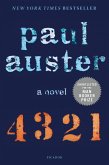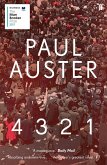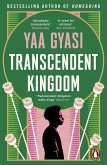Adam Gordon is about finishing highschool, the only thing left to do are the final competitions in debating where he is a master and expected to become national champion. His parents have never paid much attention to this, even though they are psychoanalysts, really paying attention to the other
family members seems to be something they cannot master. They are too much occupied with themselves,…mehrAdam Gordon is about finishing highschool, the only thing left to do are the final competitions in debating where he is a master and expected to become national champion. His parents have never paid much attention to this, even though they are psychoanalysts, really paying attention to the other family members seems to be something they cannot master. They are too much occupied with themselves, Adam‘s mother Jane who suffers from the lack of professional recognition, or their patients, Adam‘s father Jonathan who works with aggressive teenagers.
I really adore Ben Lerner‘s style of writing, he is one of those contemporary storytellers I appreciate most, yet I struggle with bringing his latest novel to the point. It is narrated from three different points of views, his parents are talking in first person to the reader directly and Adam‘s story is narrated by a third person narrator. Between the chapters, the story of Darren, a teenager whi struggels mentally, is told. Even after having finished I am not sure what to make of this. Is this meant to underline the parents‘ egocentristic view which keeps them at a certain distance from their son? I do not know.
Somehow the novel is a bit ecelctic, many pondering-worth topics are addressed, like e.g. how to cope with micro-aggressions and anxieties, what you remember and what your brain makes of these memories, talking to an analyst vs. talking to a friend, typical coming-of-age problems, feminism is a huge topic for Jane since she blames the lack of professional recognition mainly to the fact that she is a woman (which might well be the case).
After all, maybe it is all about language and how dominance is expressed with words. For the male characters, they often babble without providing any serious content, but nevertheless, they dominate the discourse. Women like Jane are forced to rather retreat into themselves and talk to a fictitious reader or themselves, it is not for them to speak up in public. A lot of food for thought and this toxic masculinity which is addressed surely is one of the hottest topics in 2019.









